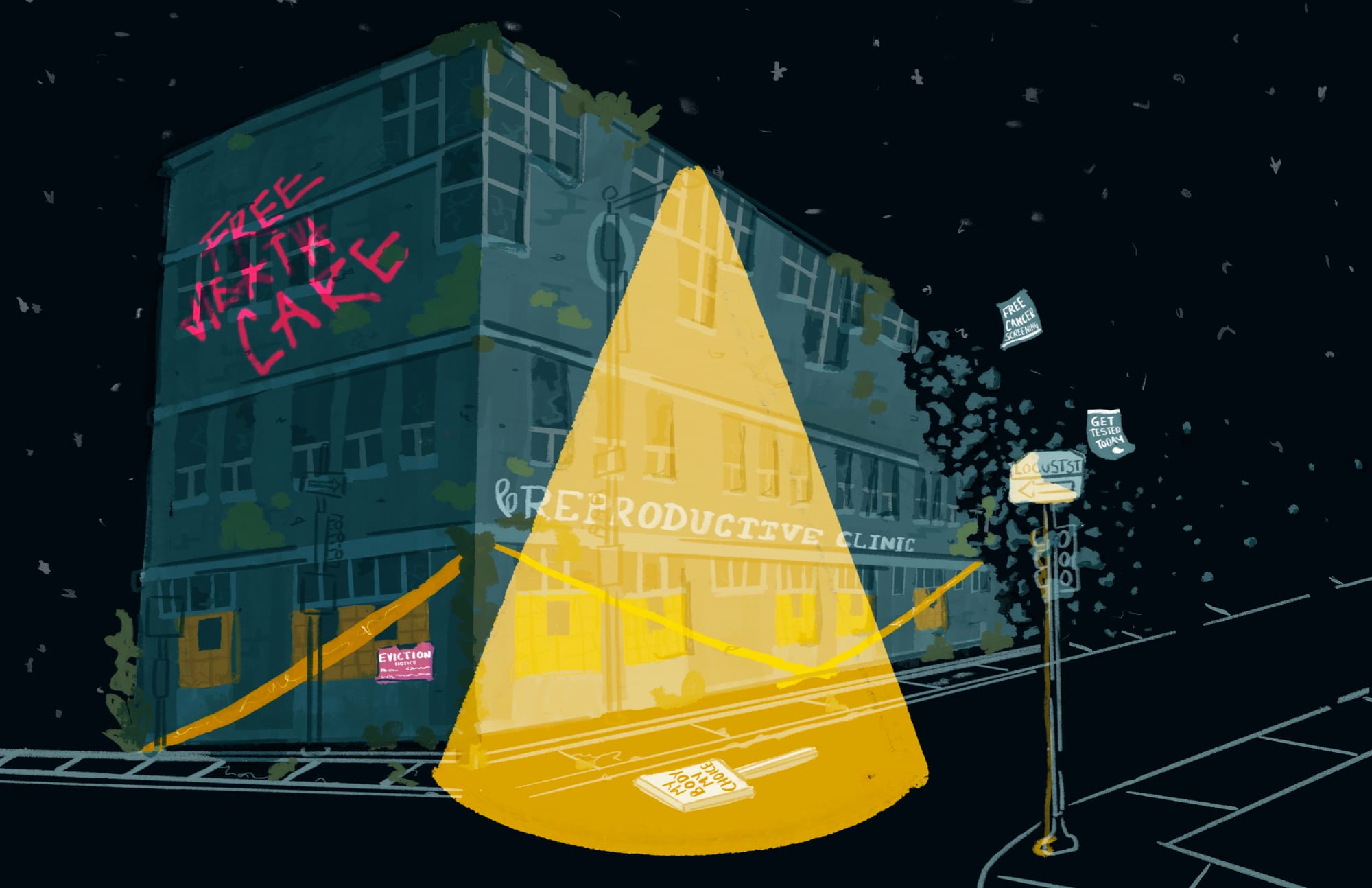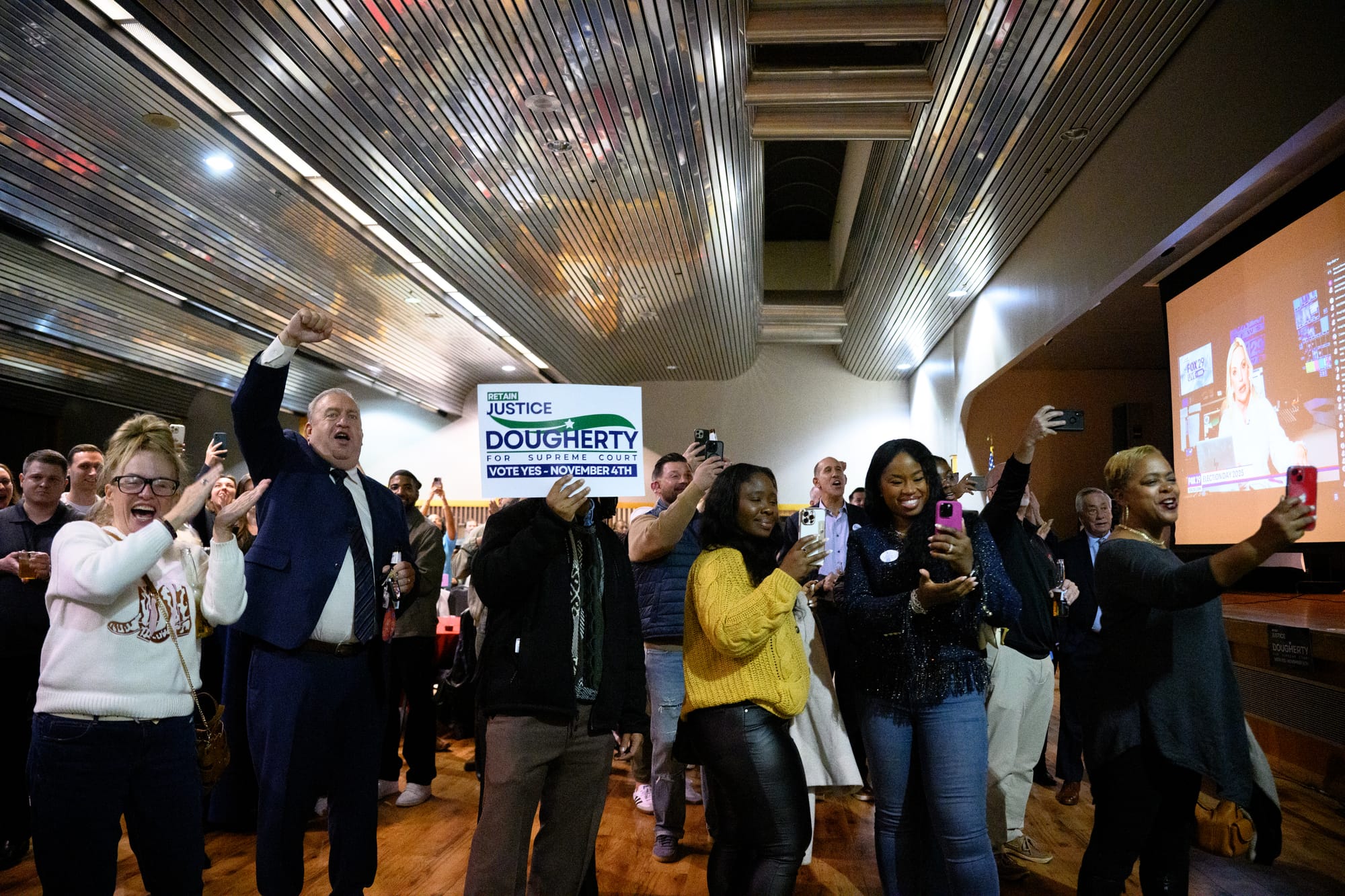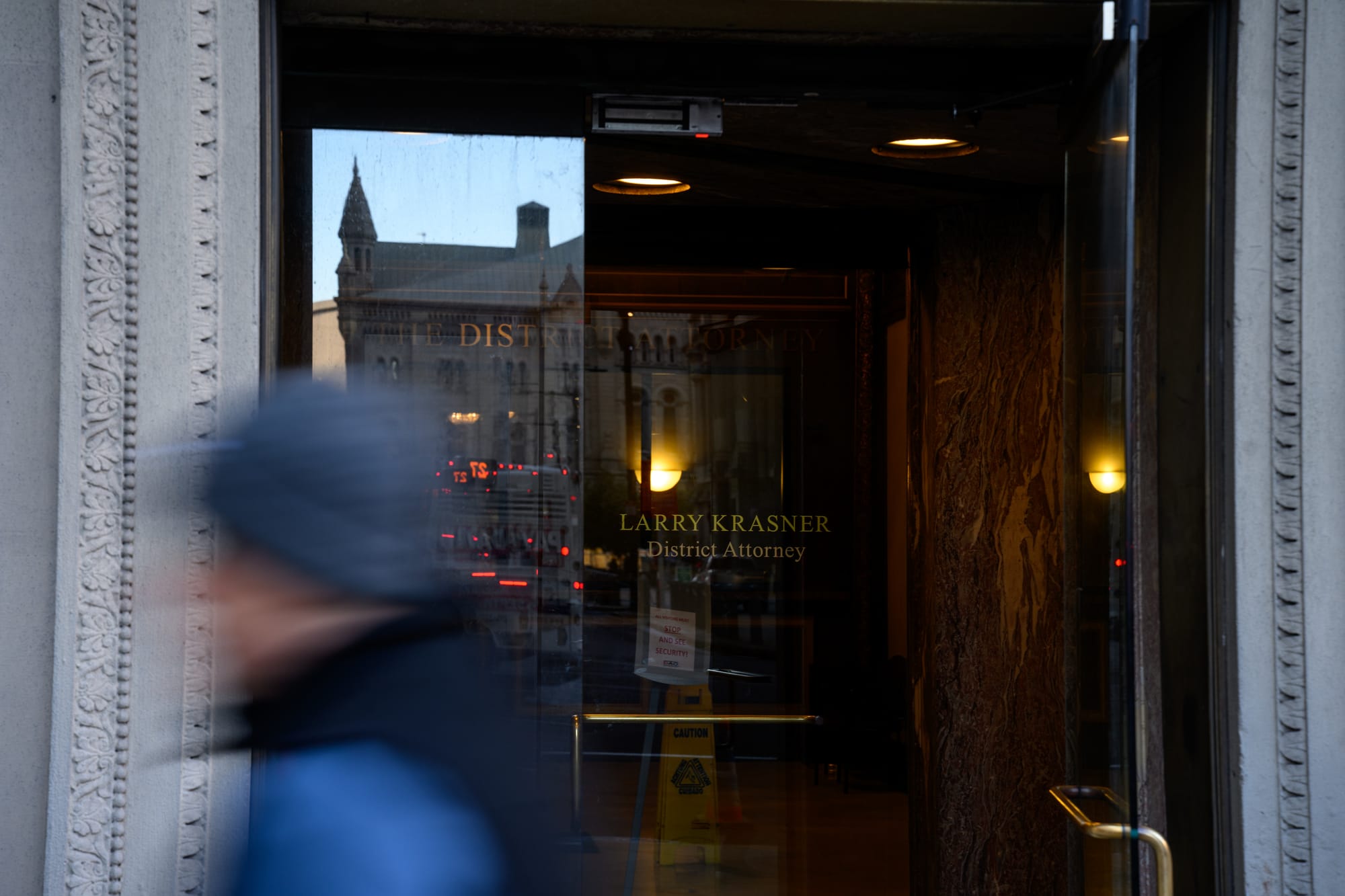Op-Ed: Why this year’s Supreme Court retention vote is so important
Different generations have had different experiences with abortion access, but what will experiences the next generations have?

Ten years ago, I made a decision that has guided the rest of my life. I had an abortion.
I was 23, and nowhere near ready to be a mom. I only had a part-time job, was finally adulting, while trying to find the money to return to school, with neither my partner nor I having our own place.
So I called Planned Parenthood and made an appointment. I still remember all of those feelings from those few weeks – I was full of uncertainty and nervousness. But the day of the appointment, I walked in, gave them my name, and was then taken to an office to have not only a mental health check-in, but also a spiritual check-in.
I was thankful for a few things.
First, the financial aid that Planned Parenthood provided to make the medication, Mifepristone, accessible. Second, the nurse who instructed me on how to take the dosage, and explained what recovery would be like. And finally, living in Pennsylvania where such healthcare wasn't a whole hassle to get through.
This November, Pennsylvania voters will decide whether to retain their current state Supreme Court judges. If you were like me, you probably thought that the governor appointed statewide Supreme Court justices, just as the president does on the federal level. However, a little research revealed that our judges are elected through a retention election, and now is the time for us to go to the polls.
Now, I am usually very aware of who is being elected –but this time, I had no idea. So I found out per the ACLU Pennsylvania: “A retention election is a non-partisan process for voters to decide whether to retain (or keep) an elected official in office by casting a yes or no vote.” This election is significant to our reproductive rights because in 2019, Planned Parenthood and other abortion providers came together to sue the state to challenge a decades old ruling that said that Pennsylvania Medicaid dollars could not be used for abortion care.
The argument was that there was discrimination against poor women by not allowing Medicaid to be used for abortion care. By the end of January 2024, the current PA Supreme Court reviewed the decades-long decision and agreed that there was indeed sex-based discrimination, as well as economic discrimination behind it and overturned the ruling.
This overturn is pivotal at a time when the current federal government is slowly targeting the drug Mifepristone to make it no longer available – not just for abortions, but for its other uses as well.
I talked to civil rights attorney Ashley Sawyer, who is currently monitoring the Trump administration's decisions, about why we need to fully participate in this upcoming retention election. She explained to me a variety of tactics from the current federal government that she was observing to make safe abortion less accessible.
“The Trump administration is actively working behind the scenes on abortion bans,” she said. “By that I mean finding ways through medicaid coverage to ban abortion in any way that will not capture headlines.”
This is no shock considering that U.S. Secretary of Health and Human Services Robert F. Kennedy, Jr. has recently taken on acetaminophen as the cause of autism –and per ABC News, he has launched an FDA review of Mifepristone as well. The latter move is problematic because Mifepristone is not just used to help with the abortion process – it is also used to stop hemorrhaging in pregnant individuals.
“It is really important and it saves lives,” Sawyer said. “Young voters need to understand that abortion care is healthcare and healthcare is a human right, and we do not have the federal protections we had two years ago.”
Different generations have had different experiences with abortion access, Sawyer noted.
“Anyone between the ages of 18-35 has not lived in a time where people were dying by suicide or dying because of unsafe abortions in large numbers, because we had those protections from the federal government. Those guardrails are gone, and without those we do we rely on our ability to organize locally, but also we rely on our state laws to protect us and abortion care”.
This means that high voter turnout out this November is imperative. According to Billy Penn, 46,000 fewer people voted in Philadelphia during the 2024 election – which had dire and very serious consequences.
Progress doesn’t come easy, and we are all tired of broken promises from politicians. But November 4, 2025 is not just another day to vote – it’s a day to show the Trump administration that Pennsylvanians are fully capable of making their own decisions when it comes to their bodies no amount of threats to our state or amount of billionaire dollars can make us give up our unalienable rights to life, liberty, and the pursuit of happiness.
The opinions expressed in this piece are those of the author and do not reflect the opinions of The Download News or its Editors.





